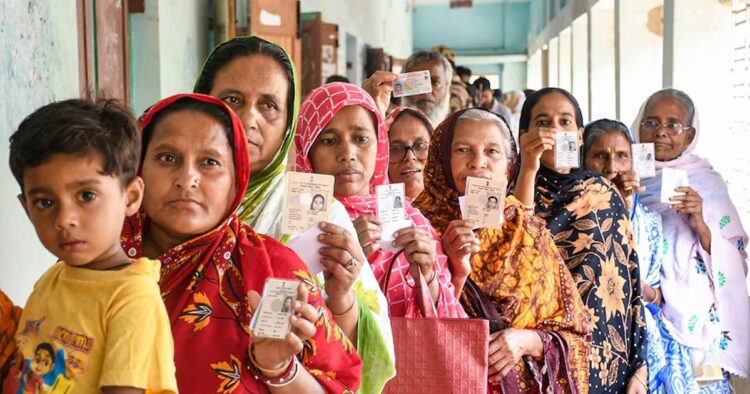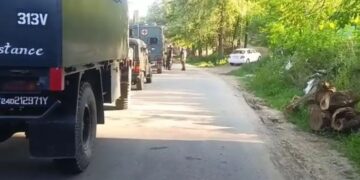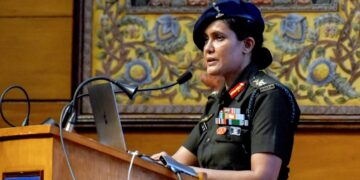On Monday, Phase 5 of the Lok Sabha elections is set to take place across 49 constituencies spanning eight States and Union Territories. These include significant areas like Mumbai in Maharashtra, Lucknow in Uttar Pradesh, and Howrah in West Bengal.
A total of 695 candidates are vying for victory in these constituencies, as per the Election Commission. This number was determined after reviewing 1,586 nomination forms, with 749 being deemed valid before the May 3 deadline.
ALSO READ: “Higher Voter Turnout In Fourth Phase; Sensex Jumps 2,000 Points This Week”
Despite the considerable number of candidates, there’s a noticeable gender gap in the pool. Only 82 out of the 695 candidates contesting in Phase 5 are women, according to data from the Association for Democratic Reforms. This highlights an ongoing challenge in ensuring gender diversity and representation in Bharatiya politics.
Constituencies in Focus
In Maharashtra, several key constituencies like Mumbai North, Thane, and Nashik will see intense competition. Uttar Pradesh, a state with significant political importance, will witness elections in places like Amethi, Raebareli, and Lucknow.
Meanwhile, West Bengal’s Howrah, Hooghly, and Barrackpur constituencies are expected to draw considerable attention.
Polling Schedule and Contesting Candidates
Voting will commence at 7 am and continue until 6 pm on the day of the elections. Each parliamentary constituency in this phase has an average of 18 candidates in the fray, as per the Election Commission’s data.
The contesting candidates represent various political parties and independent groups, each vying for the opportunity to represent their constituents in the Lok Sabha.
Importance of Voter Participation
As the democratic process unfolds, voter turnout becomes crucial. With numerous candidates and constituencies in contention, every vote holds significance in shaping the political landscape of the country.
The Election Commission encourages citizens to exercise their right to vote responsibly and contribute to the democratic process.
Challenges Amidst COVID-19
The ongoing COVID-19 pandemic continues to pose challenges to the electoral process. The Election Commission has implemented strict protocols to ensure the safety of voters and poll workers. Measures such as social distancing, sanitization, and the use of personal protective equipment are being enforced at polling stations to mitigate the risk of transmission.
ALSO READ: “Lok Sabha Elections 2024: Overall Polling See 66.95% Voter Turnout in Initial 4 Phases”
Phase 5 of the Lok Sabha elections brings with it the excitement of democracy in action. With diverse candidates and constituencies in the mix, the outcome of these elections will have a significant impact on the political landscape of the country.
As voters head to the polls, the focus remains on upholding the principles of democracy and ensuring a fair and transparent electoral process.

















Comments